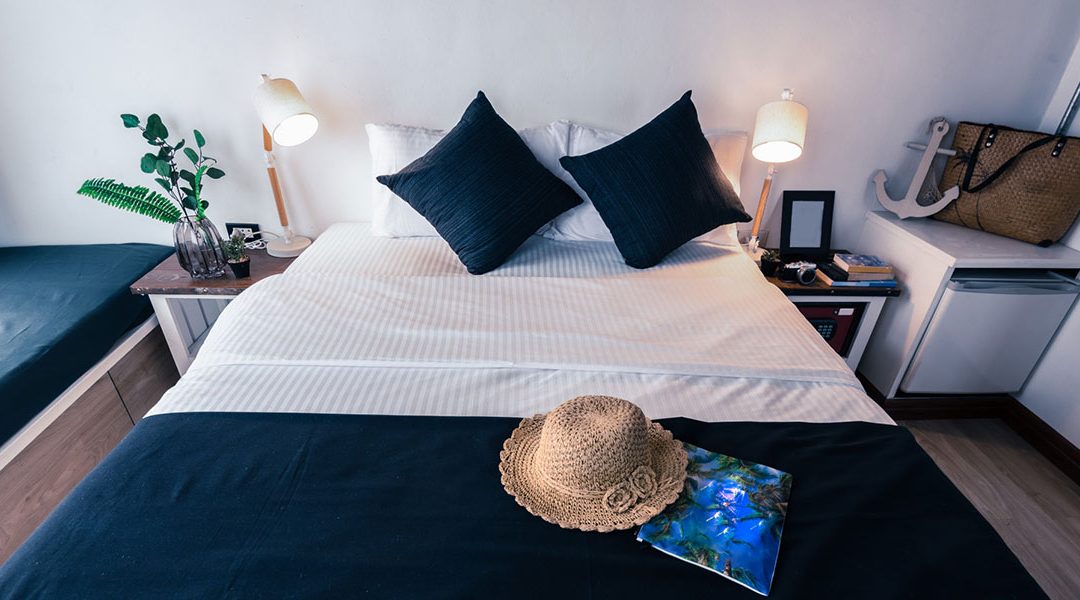Deciding to host an Airbnb can be a great source of extra income, but it’s important to know the laws around doing so in your specific city before you advertise your listing.
These rules can be confusing so Airbnb says it’s working with governments around the world to add clarity. Currently, Airbnb provides some useful links to laws in select cities, such as Cleveland.
Part IIIB of the Cleveland Code of Ordinances, the Cleveland Zoning Code, sets allowed uses and restrictions on property. Just before the Republican National Convention in 2016, Cleveland officially approved legislation allowing homeowners or apartment-dwellers to rent out part or all of their primary residence to short-term guests.
Taxes
The City of Cleveland imposes a 3% Transient Occupancy Tax (TOT) on operators of hotels that provide accommodations to guests for periods of fewer than thirty consecutive days. In light of the GOP Convention, Cleveland extended this tax to residential property hosts as well. This was in addition to the 5.5% hotel tax that Cuyahoga County also charges. Though you must pay this tax regardless of how you book your listing, the nice thing about Airbnb is that it serves as the middleman and automatically collects the tax for you when a listing is made.
Permits and registration
If you rent out your primary residence for up to three months, to guests who each stay for less than 30 days, then you don’t have to get any kind of permit or registration. Cleveland hosts who accept more than 91 days of bookings in a single year must add their properties to the city’s rental registry, which costs $35 annually.
It’s also important to keep in mind other rules that may apply to your primary residence, such as if you lease, own a timeshare, live in public or subsidized housing or your residence is under a condo, co-op or HOA contract. Read your lease agreement and make sure to check with your landlord before hosting. It may be wise to add a rider to your contract to address the concerns of these parties and outline the responsibilities and liabilities of each. Also, if you have roommates, consider a written roommate agreement outlining how often you plan to host, how you’ll ensure guests follow house rules and whether you’ll share revenue.
Building and housing standards
As a Cleveland Airbnb host, you’re also required to meet minimum construction, design and maintenance standards including regulations on habitability, health and safety. Read the full regulations in parts IIIC D, and E of the Cleveland Code of Ordinances. For example, you must provide appropriate trash and recycling containers, as well as working smoke and carbon monoxide detectors.
Regardless of what city you’re in, Airbnb encourages all hosts to take responsibility for guest safety, staying mindful of neighbors and obtaining all necessary permission. For example, provide a first-aid kit and provide a map of a clearly marked fire escape route. Be mindful of your guests’ privacy and disclose whether there are security cameras or other surveillance equipment at or around your listing. It might also be a good idea to notify your neighbors that you will have guests, and remind guests not to bother your neighbors and to keep the noise down. Taking these steps will help minimize the risk of encountering legal issues.
Remember that the rules and regulations described here only apply to residences in Cleveland proper. Different rules may apply to other Cleveland suburbs and in unincorporated Cuyahoga County. If you live in another city or town outside of Cleveland, it’s best to contact your local city administrator or planning department for more information.
Still have questions? Consult a tax professional or a lawyer like me. Contact me today to set up a time to chat.


